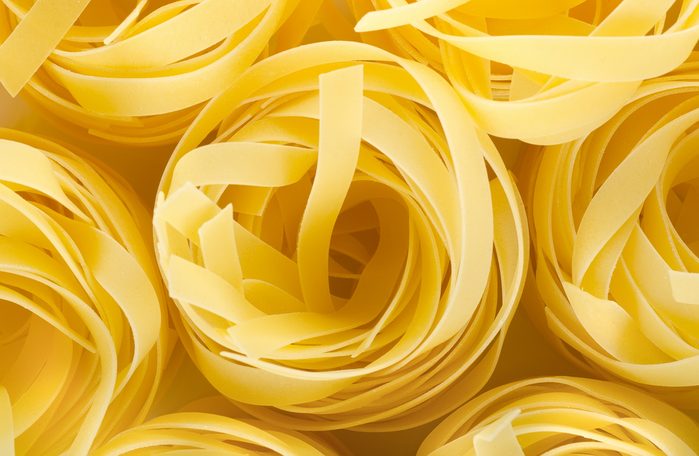
Dried pasta
If you cook and eat it after a decade, for instance, it may lose a bit of flavor, but unopened dried pasta is edible indefinitely. If your kitchen is tight on space, here are some storage ideas that will free up room.
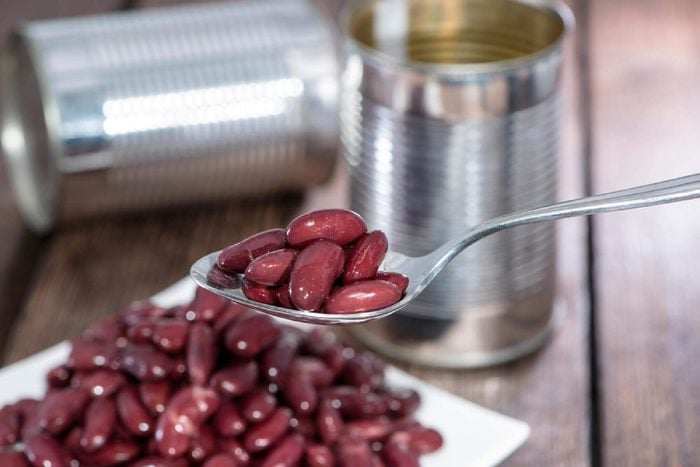
Canned or dried beans
They’ll be ready to cook even if they’ve been stashed in the corners of your pantry for years. Dried beans may need a bit more soaking after long periods of time. On the other hand, here are foods you should never keep in your pantry.

Vinegar
The high acidity acts as a natural preservative that thwarts germ growth, so it can also last indefinitely. In some varieties other than white distilled, color alterations or cloudiness may develop after time, but this doesn’t affect taste or quality.
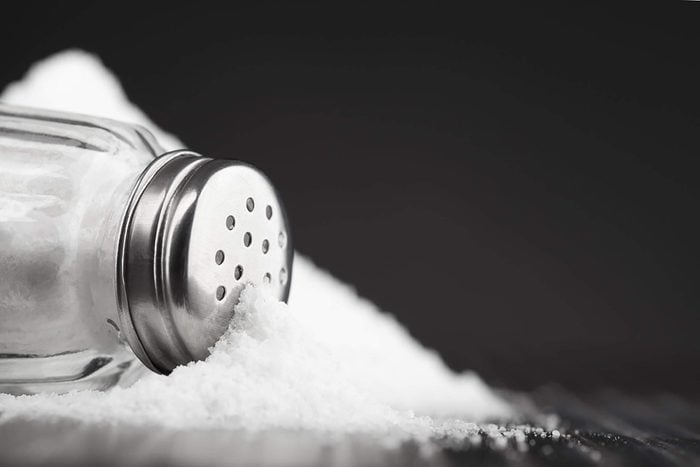
Salt
It’s essentially a stone. Just as granite won’t become infested with mold and bacteria, neither will your favorite edible “rock star” condiment. Don’t miss these other surprising foods that never expire.
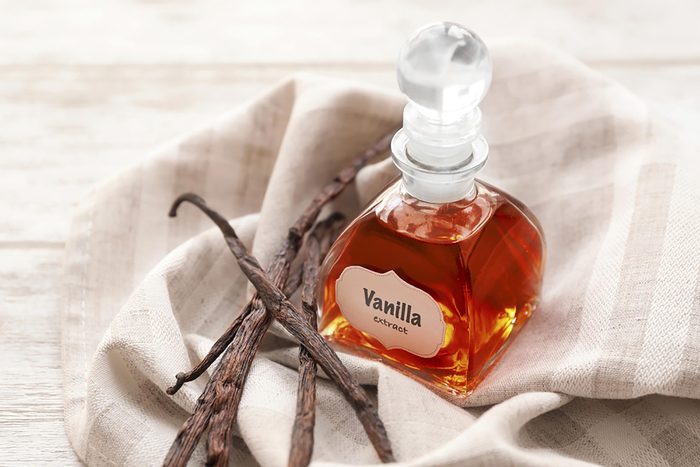
Vanilla
Because of its high alcohol content, it can keep indefinitely, although the flavor and aroma will be best within five years. Keep away from light and heat, but do not refrigerate, even after opening, or the extract will be damaged.
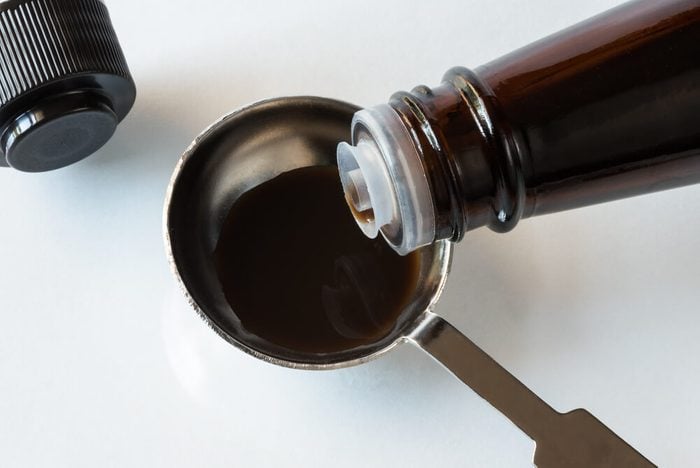
Worcestershire sauce
Like many wines, this sauce gets better with age. The flavor intensifies as the liquid evaporates. Worcestershire should last for up to 10 years unopened and two to three years opened if stored in a cool, dark place. Here’s how long condiments really last.
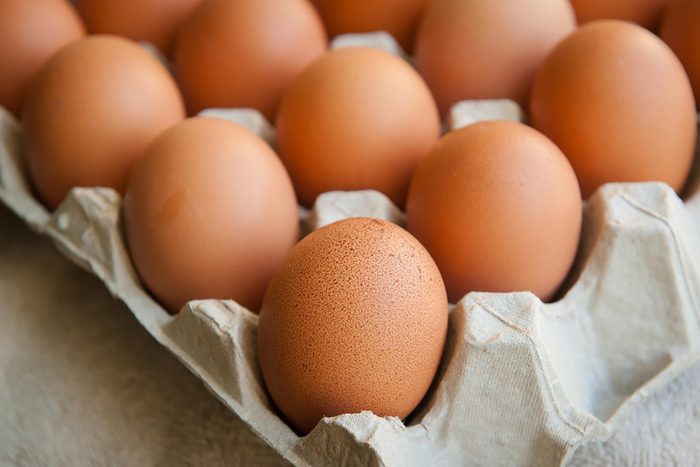
Eggs
Refrigerated, uncooked eggs stay fresh for up to three weeks after the “sell by” date. Most eggs are spritzed with mineral oil, which seals the porous shell and makes it less susceptible to bacteria. Since cooking washes away the coating, eat refrigerated hard-boiled eggs within a week. Check out these things you never knew had an expiration date.
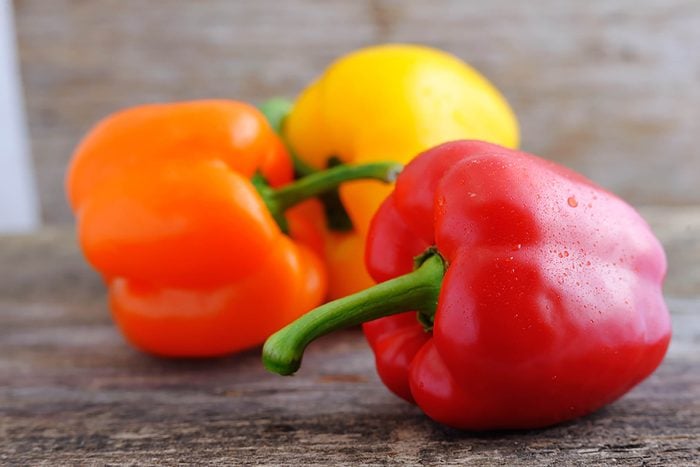
Peppers
All peppers contain a gene that prevents their cell structures from breaking down and typically last a week in the refrigerator. Green peppers stay fresh even longer than other kinds—about two to three weeks—because of their low sugar content. Toss limp or wrinkled peppers.
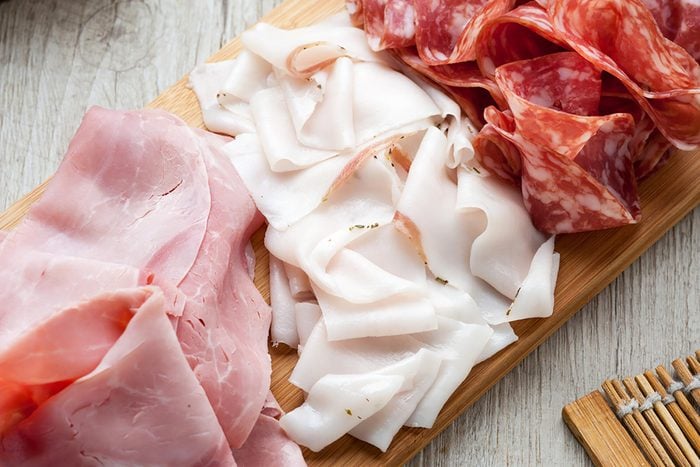
Deli meats
Unopened, prepackaged deli meats last about two to three weeks from the time you buy them. Vacuum-sealed pouches protect meat from oxygen, preventing bacteria growth. After opening, eat deli meats within three to five days.
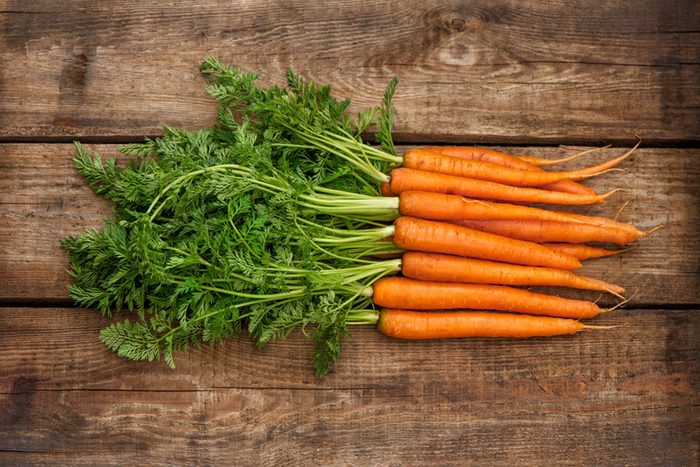
Carrots
These crunchy vegetables have a low respiration rate, which is how fast a plant metabolizes its carbohydrates, proteins, and fats to stay alive after harvest. Carrots stay fresh for two to three weeks in the crisper drawer. Just cut off the green tops, which steal nutrients.
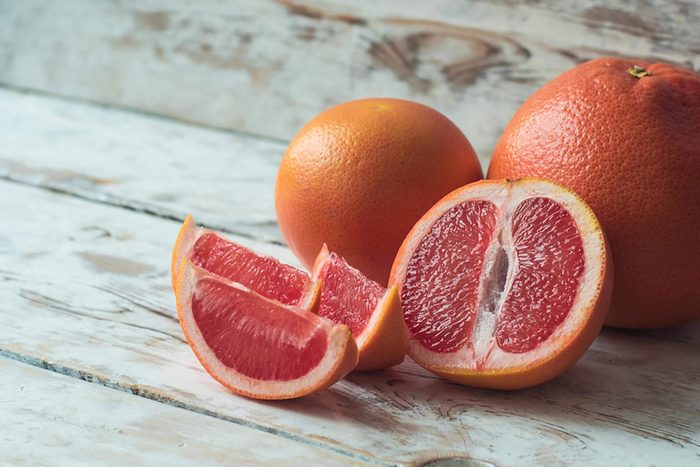
Citrus fruits
Thick skin protects grapefruit, oranges, and other citrus fruits from spoiling for two to six weeks. If you spot mold, peel and inspect the inner flesh, which is still edible if the mold hasn’t penetrated the outer skin. Toss if a finger easily breaks the skin. Now, make sure you also know the 13 foods you should never eat past the expiration date.